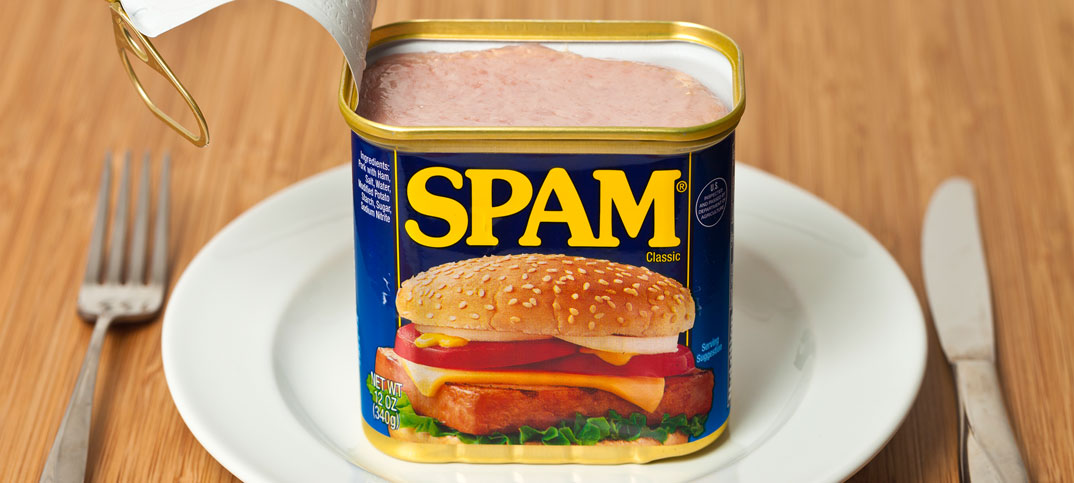There is much talk of consolidation in the independent convenience channel as wholesalers and symbol group operators feel the squeeze on margins after five years of price cutting.
An unspoken assumption behind this is that fewer larger groups will be able to negotiate better terms for more disciplined local stores in the future.
However, experienced independent operators will tell you that £10m of sales hardly changes the deals you get. And £100m gets you not a lot closer to the margins big multiples enjoy.
There is a world of difference between the complicated supply chains of a Tesco or Co-op where the right deal executed well nationwide can soon scale a brand into profitable growth, and the complex resilient supply chain offered by independent stores. Big consumer goods companies have grown strongly across 50 years by investing in the former. In today’s world they are less certain and that may prove an opportunity for independents.
An easy way to understand the difference between complicated and complex supply chains was illustrated in Retail Newsagent this month.
The biggest challenge for independents is to keep on top of the world of convenience. There are so many brands and supplier messages headed their way
Banbury retailer Joe Williams told Pricewatch that he stocked price-marked Spam in the summer because local fishermen use it as bait. It’s unlikely that a Spam marketing director identifies fishermen as key customers and plots with a Tesco buyer how to get the product through its supply chain and on to its shelves.
Shoppers pulling products they want through the supply chain are an opportunity for some independent retailers. Others may turn their backs on this and choose a franchise model.
Mostly they are opting out of the world of quirky choice because 95% of what they stock will be decided by a head office buyer. Sure, with their 5% they may still stock the Spam but remember that they are managing thousands of lines and it is more likely they will worry about missing promotional stock that has not been delivered.
Independents who choose symbol store affiliation work on a sliding scale, where I would argue the complex supply chain is mostly in the ascendency because even if they buy 75% of stock from their wholesaler and stick to planograms, they will always pay attention to what their local shoppers want, so they will keep going with brands that work for local customers and delist those that don’t.
Which gets us to the heart of the issue: How do local shopkeepers create value? This has to be built around her understanding of what local customers value.
At the heart of the issue is the shopkeeper’s understanding of what they control: their customers. The greater challenge is not to secure higher margins on what people bought yesterday, but to keep ahead of what shoppers will want to buy tomorrow. The biggest benefit from joining a symbol group comes from how useful you find its disciplines in improving the offer to your shoppers.
The biggest challenge for independents is to keep on top of the world of convenience. There are so many brands and supplier messages headed their way. Working out which ones to pay attention to is made so much easier by reading Retail Express every fortnight.
The value of independent retailers is often underestimated in supply chain decision-making. Keeping yourself well informed and ahead of your shoppers’ future needs is a small investment you should make every week. Then look at how you can improve your margins.



Comments
This article doesn't have any comments yet, be the first!